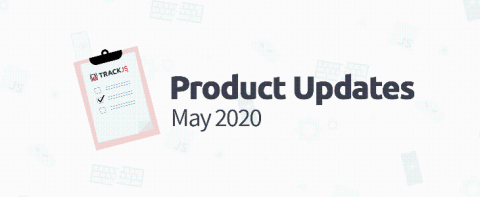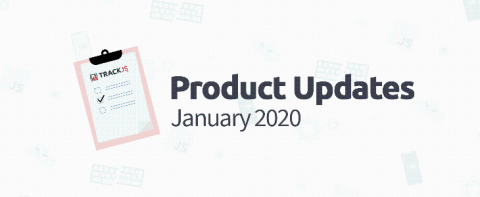Avoiding Ad Blockers with Forwarding Domains
Large tech companies are monetizing and exploiting customer data in increasingly unpalatable ways. It’s no surprise that users are fighting back. It’s estimated between 25% and 50% of users are employing ad blockers. Unfortunately, some overzealous ad blocking tools have added TrackJS domains to their block lists. We believe the blocks are unwarranted (more below). We don’t sell or monetize our user data. Ever.











